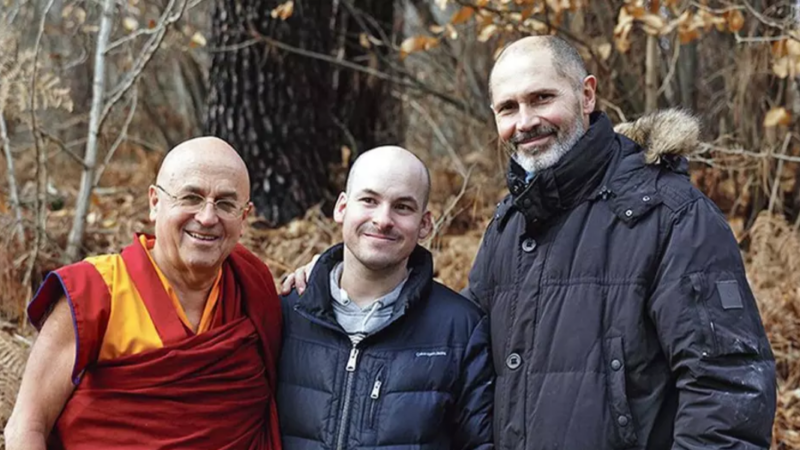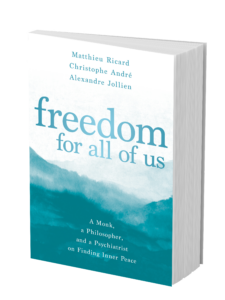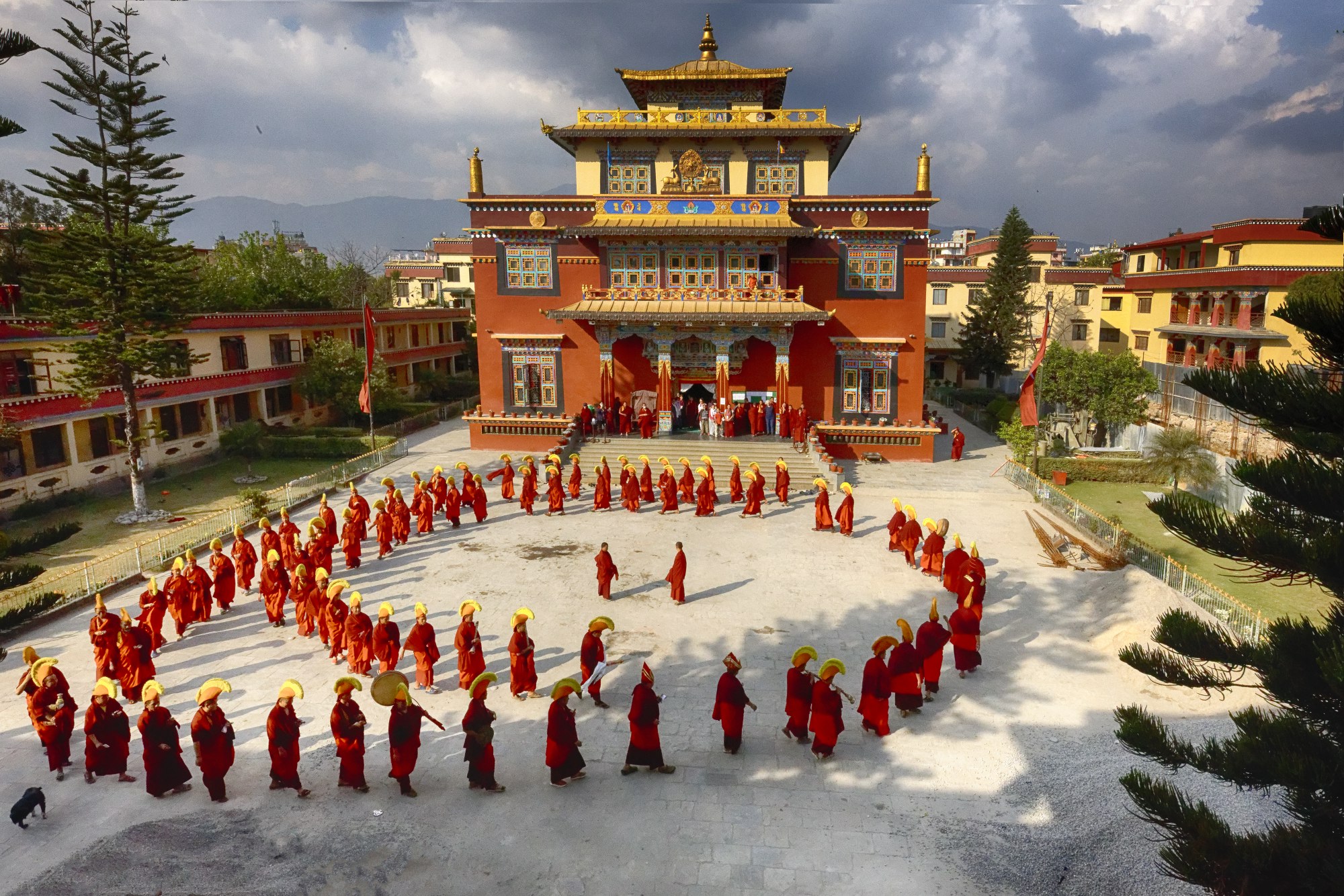Can we allow another to deeply matter to us? Are we willing to take the risk to let them all the way inside – to really see, know, and touch our most core vulnerabilities; to open ourselves so profoundly that we’re left utterly naked and fully exposed, knowing that in any moment our hearts could shatter into millions of pieces? Many of our childhood biographies involved a very unstable environment, an uncertain reality where it was not safe to let another become too important, where we spent much of our time and energy learning exactly what we had to say and do in order to receive the love, care, affection, attention, and holding that we so sweetly needed. We can be quick to judge and admonish these early adaptive strategies, seeing them as “unspiritual” or neurotic or crazy, but perhaps they were in actuality the most luminous expressions of a certain kind of intelligence and creativity. Perhaps, upon deeper examination, they might come to be seen as special forms of grace, put in play by the great architect of love to ensure our own survival, as profound gifts sent to ensure the flowering of our precious hearts and nervous systems. As innocent little ones, we very naturally allow others to deeply matter; it is part of who we are. Over time, though, many of us have come to see that this sort of exposure is tremendously risky; it’s just too raw, too open, too scary. But as little ones we can’t really help it; we’re wired to connect.
Often in the challenges inherent in intimate relationship, we become convinced that it is our partner who is causing us to feel so bad. The evidence is so clear… isn’t it? They don’t respect us, they speak unkindly to us, they don’t understand us, they’re never there when we really need them, they just can’t quite connect with who we are at the deepest levels; and the big one – they just don’t meet our needs. We put a lot of pressure on our partners (and on ourselves, for that matter) to “meet our needs.” Before we know it, much of our lives become organized around getting our needs met; and there is something about this that can start to feel a bit off. It can be really helpful to take some time and look at this carefully. Of course there is likely some relative truth in these traits and behaviors in our partners, and they are worth exploring. This is not to say that the other person isn’t actually speaking and acting in unkind, overly defensive, or critical ways, and that this shouldn’t be related with. But we might also come to see that just by being in relationship, we will be forced to feel feelings that we really don’t want to feel.
To allow in those intense and challenging emotions and sensations which have previously been lodged in the body can be terrifying. Do we really want to do this? Maybe tomorrow; for now, it’s best to go take a walk, listen to some music, write another rambling facebook post, contemplate how awakened we are, make another cup of tea, or do some meditation. It’s not so much that our partner is doing something *to* us, but rather when we open ourselves to love, there are previously unmet emotions and sensations there, lurking in the unconscious, seeking the light of day. For many, it is in the context of a vulnerable, naked, intimate relationship where that which is still unresolved will most powerfully present itself to be metabolized and healed. If we look closely, perhaps we can see how we organize our lives around not having to feel certain feelings. To see this can be quite illuminating – and often very disturbing. It is easy to then fall into our old habitual patterns of self-aggression or avoidance, to start to become unkind to ourselves, falling into spiritual superegoic judgment, self-hatred, and shame.

Another option is to make the radical commitment to practicing the yoga of love, of holding ourselves in an enormous environment of kindness. We stay unconditionally committed to the truth that whatever arises in our experience – no matter how disturbing, anxiety-provoking, “unspiritual,” confusing, painful, or difficult – that it is ultimately workable, that it is a precious part of our own hearts that we wish to know deeper and to integrate into the entirety of what we are. We can be grateful for the gift of clear seeing, even if what we see is disturbing and anxiety provoking, for it is a certain kind of grace which allows us to finally see the ways we organize our experience, and how all of our neurosis and our strategies were our best efforts at the time to take care of ourselves. We are being given a gift, a fierce gift you could say, and an opportunity to let love dismantle those protective strategies that once served us, but no longer are.
Let us all hold those we’re in relationship with, including ourselves, by committing to taking love’s journey with them, knowing nothing about the route or the destination. Let us be kind to ourselves and our partners if we decide to truly take up the most vulnerable yoga of intimacy, knowing that it will take everything we have and are to navigate, as it offers fruits beyond this world.
Painting by Albena Vatcheva








